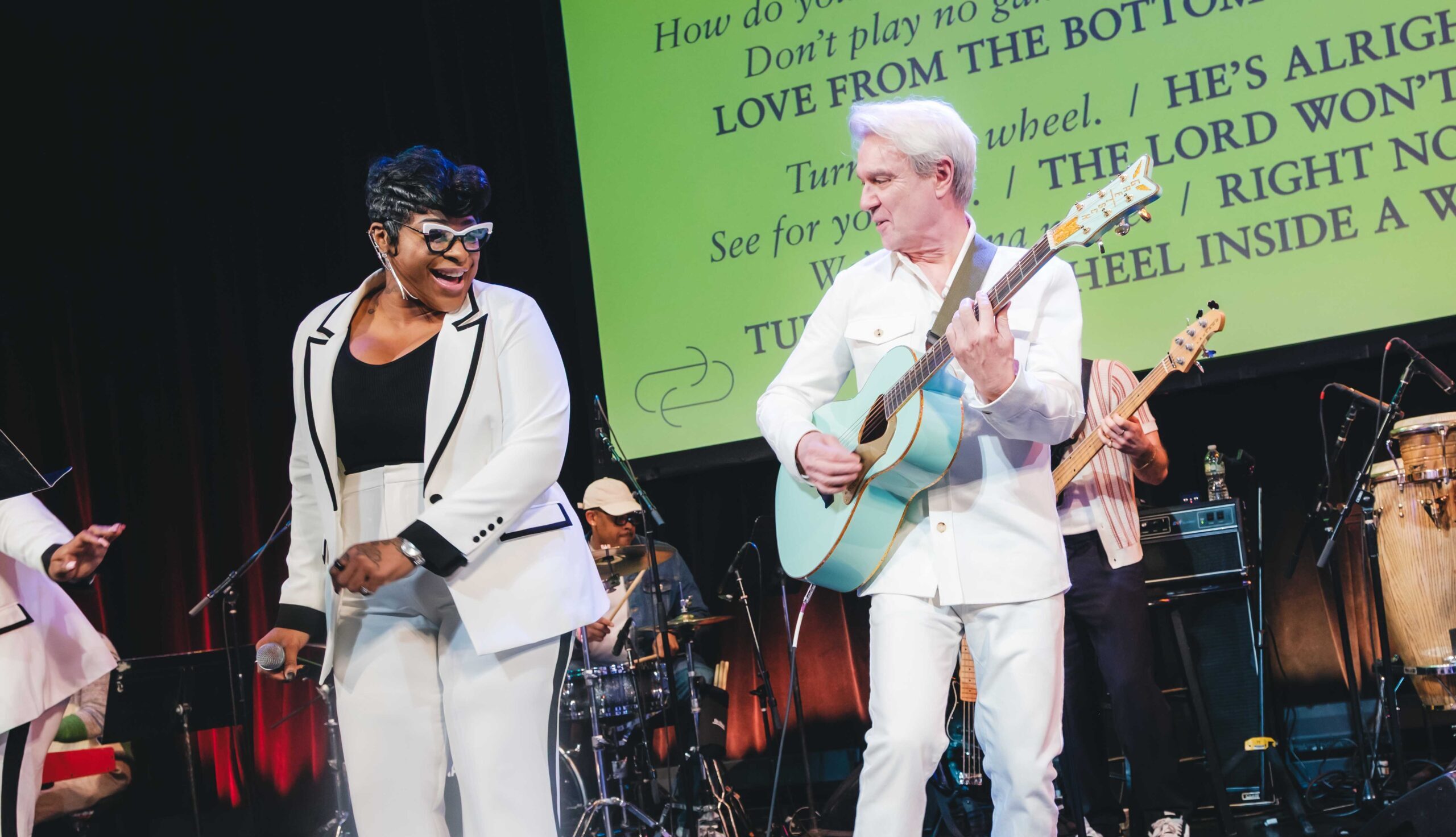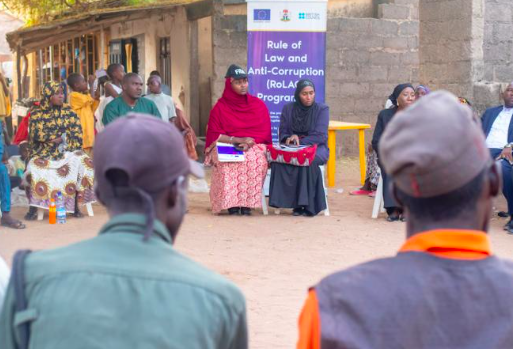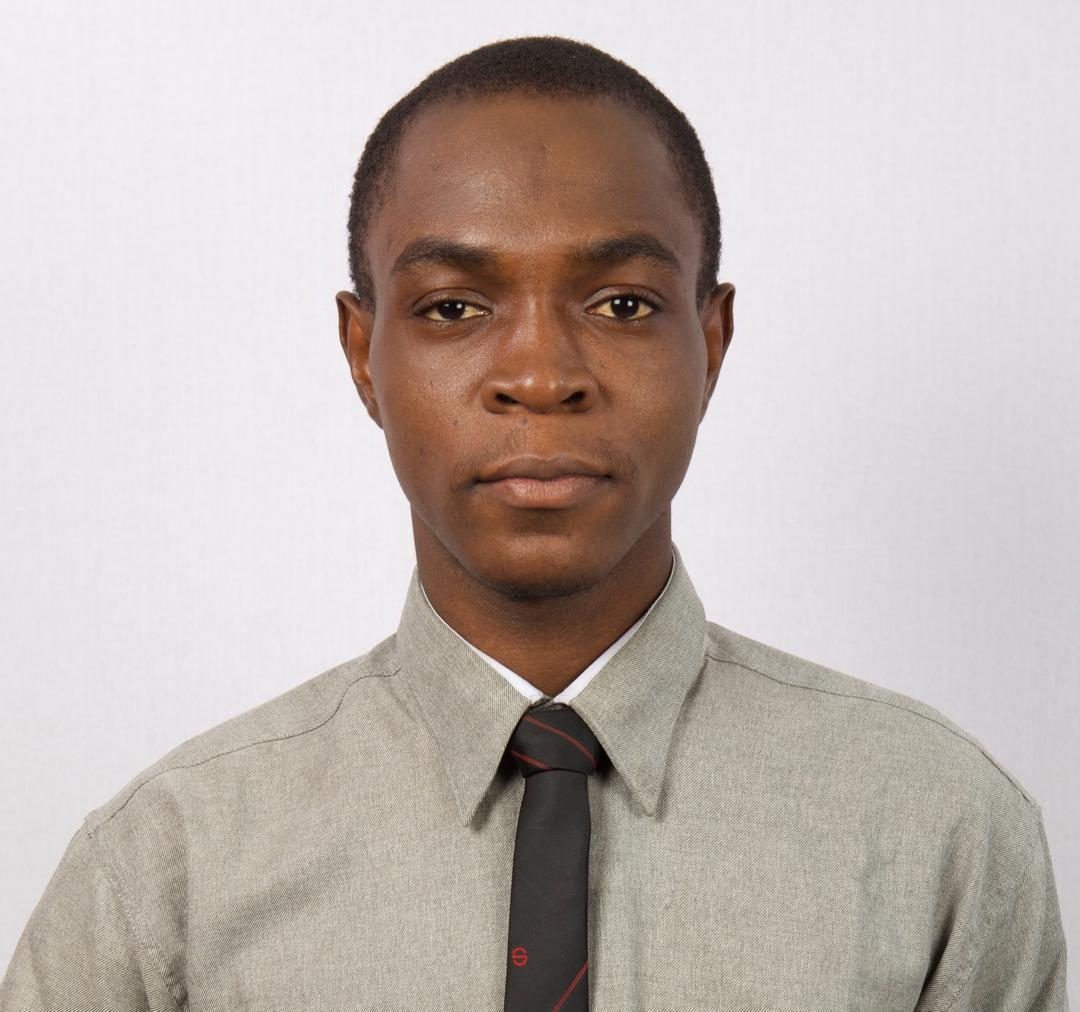Saidu Umar thought his future was secure in 2006 when he poured his life savings into a piece of land in Sokoto, a city in northwestern Nigeria, for ₦120,000 ($77). His dreams, however, spiraled into a nightmare when, 16 years later, the children of the late owner laid claim to the land.
The late owner’s children claimed that their father hadn’t sold the land before he passed away, making it rightfully theirs. In the legal debacle that unfolded, they alleged possession of documents proving their ownership and demanded that Umar either leave the land or provide financial compensation.
Shocked and confused, the 53-year-old farmer sought refuge with the police and filed a complaint. His claim was later dismissed because he, as is common in Sokoto, had purchased the land in good faith via a verbal agreement with the owner and could not provide any validating documents.

“I tried everything, but people would tell me that I didn’t have evidence to prove that I owned the land. I even met with several community leaders asking for help but to no avail,” Umar says. “That was until I pleaded my case on Kukana.”
Kukana, roughly translated to “my woes” in English, is a weekly radio show with over 1.7 million active listeners, as reported by the show’s hosts. Since its inception in 2016, the program, which airs on Vision FM, Sokoto’s first private radio station, has committed to voicing the grievances of those unable to access Nigeria’s justice system. In each episode, hosts of the show present victim complaints and then work towards providing solutions.
Weighed down by negative news?
Our smart, bright, weekly newsletter is the uplift you’ve been looking for.With his dream of owning land almost slipping away, Umar met and explained his ordeal to the host of Kukana, Ibrahim Salihu Isa, who, after researching the matter, invited him to appear on the show. During the episode, Isa introduced Umar to Ibrahim Tudundoki, a Sokoto-based human rights activist and lawyer.
Tudunoki took the matter to the Sultan’s Palace, Sokoto’s traditional arbiter. Because the Sultan was traveling, he discussed Umar’s case with a local judge, who invited the divisional police officer to investigate further. At this time, the late owner’s brother, Chika Maidaw, got in touch with Isa and confirmed that his deceased brother had indeed sold the land.

“He listened to me on Kukana and was willing to come and testify,” Umar explains. “That was how I got my land back.”
Tudundoki, a regular guest on Kukana, believes in the show’s cause and regularly communicates with Isa to follow up on cases of vulnerable people in Sokoto free of charge.
“Most of the people who appear on Kukana have nowhere to turn to, and if a program like this is not available, they will end up being victims of injustice,” Tudundoki says.
Sokoto is Nigeria’s poorest state, with nearly 90 percent of its population of over six million, living below the poverty line, and more than three-quarters unable to read or write in English, the country’s official language. According to Isa, Kukana’s popularity as an alternative platform for justice stems from these socioeconomic hurdles that render the legal system an unnavigable labyrinth to the majority.

Among those who can relate to this are members of Sokoto’s differently-abled community, whose government-issued monthly allowance was withheld for almost a year before they presented their case on Kukana.
Mu’azu Habibu Sabaru, the chairman of the Joint Disabled Association, a coalition of different groups of people with disabilities, explains that the social welfare program was first introduced in 2007 and included a monthly stipend of ₦6,500 ($4.16), which was issued to about 7,000 beneficiaries. However, over the years, the payment disbursement became increasingly irregular until it was halted completely in June 2022.
“It was only after we went on Kukana that the governor visited us,” Sabaru says “He had heard our complaint on the radio show.”
Not long after the meeting, the government resumed the program. Sabaru even revealed that the monthly stipend was upped to ₦10,000 ($6.30).
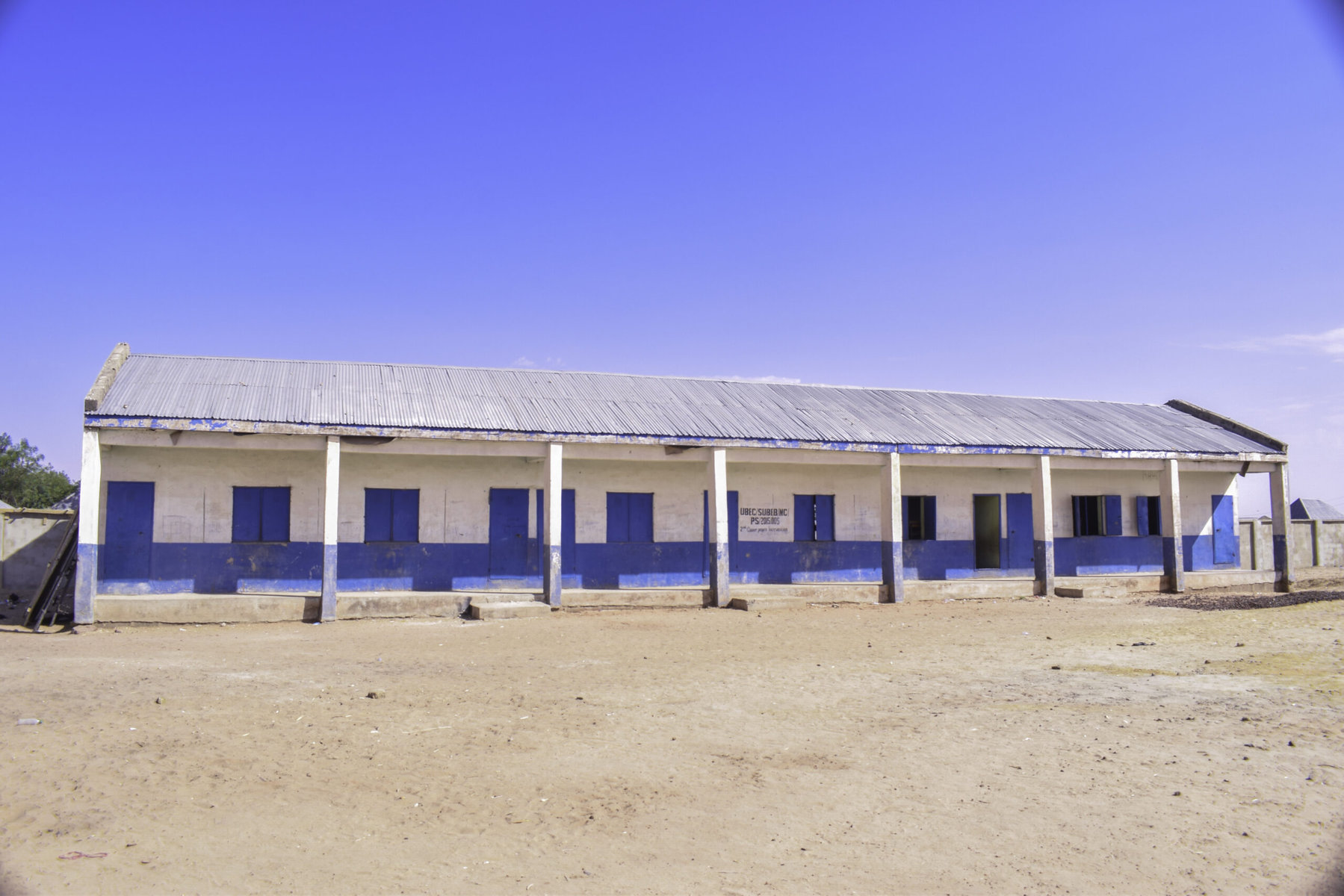
Over the past seven years, Kukana’s team says they’ve been instrumental in transforming the lives and addressing the grievances of more than 100,000 individuals.
“Kukana has helped a lot of people. Sometimes a community of more than a thousand people would be impacted,” he adds.
The host recalls an incident involving a resident from Kurfi, a village outside of Sokoto, who voiced concerns about illegal encroachment on government school land during a segment on Kukana. Following his appearance on the show, it seemed as though “the perpetrator was deterred, because the land infringement ceased altogether.”
“After the case, the government went there and started building a wall around the school. I was so elated when I heard this,” he exclaims.
In Nigeria, the simplicity and wide reach of radio as a mass communication tool have primed it to become a viable last resort for many victims of injustice, according to Lekan Otunfodurin, the executive director of Media Career Development Network, a nonprofit group that trains aspiring media professionals.
“Much like mass religion, radio’s appeal is far-reaching,” Otunfodurin notes regarding the success of radio shows focused on advocacy.
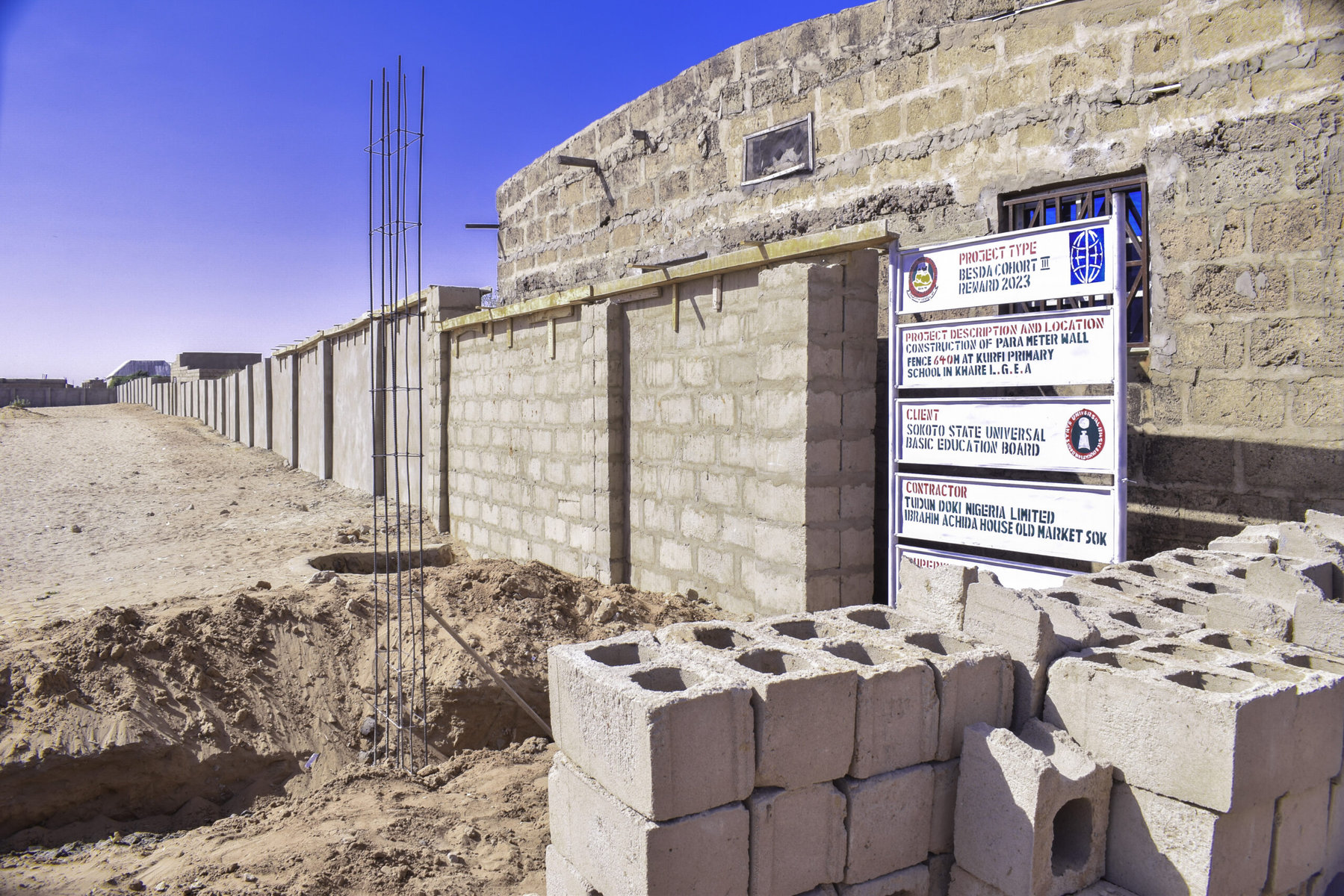
Like Kukana, Berekete Family is another reality radio and television program focused on civil rights. It airs on Human Rights Radio 101.1 in Abuja, Nigeria’s capital, and streams online on several social media platforms. The program, hosted by Ahmed Isah, invites people to share their problems and grievances on air while Isah tries to bridge the gap between claimants and relevant authorities.
Otunfodurin believes that despite the predominance of online media and television, radio remains important through social justice platforms such as Kukana and Berekete Family.
“The lesson here is that radio, as a form of media, is still relevant and very important in seeking justice,” Otunfodurin says. “It also costs less when compared to other forms of media.”
Despite these successes, there are times when the show’s crew feels hopeless. In many cases, the accused refuse to give their account of the story when approached by Kukana, halting any potential progress that could bring justice to the victims.
“There was a case of a man who came to complain that an army officer driving a car hit his mother, who died from her injuries,” Isa says. “We approached [the officer] to confirm the story and hear his side, but he declined. All efforts to get him to speak to us failed, and we couldn’t air the story.”
This type of challenge is not unique to Kukana, as noted by Otunfodunrin, who believes that all media outlets engaged in investigative journalism or advocating for justice for the oppressed encounter such issues at some juncture.
“What the host [of Kukana] can do in this situation is seek collaboration with other media platforms, especially ones with a national presence, to make the story public,” Otunfodunrin explains. “When more people are engaged, the perpetrators would be forced to grant investigators an audience.”
The article is published in collaboration with Egab.





